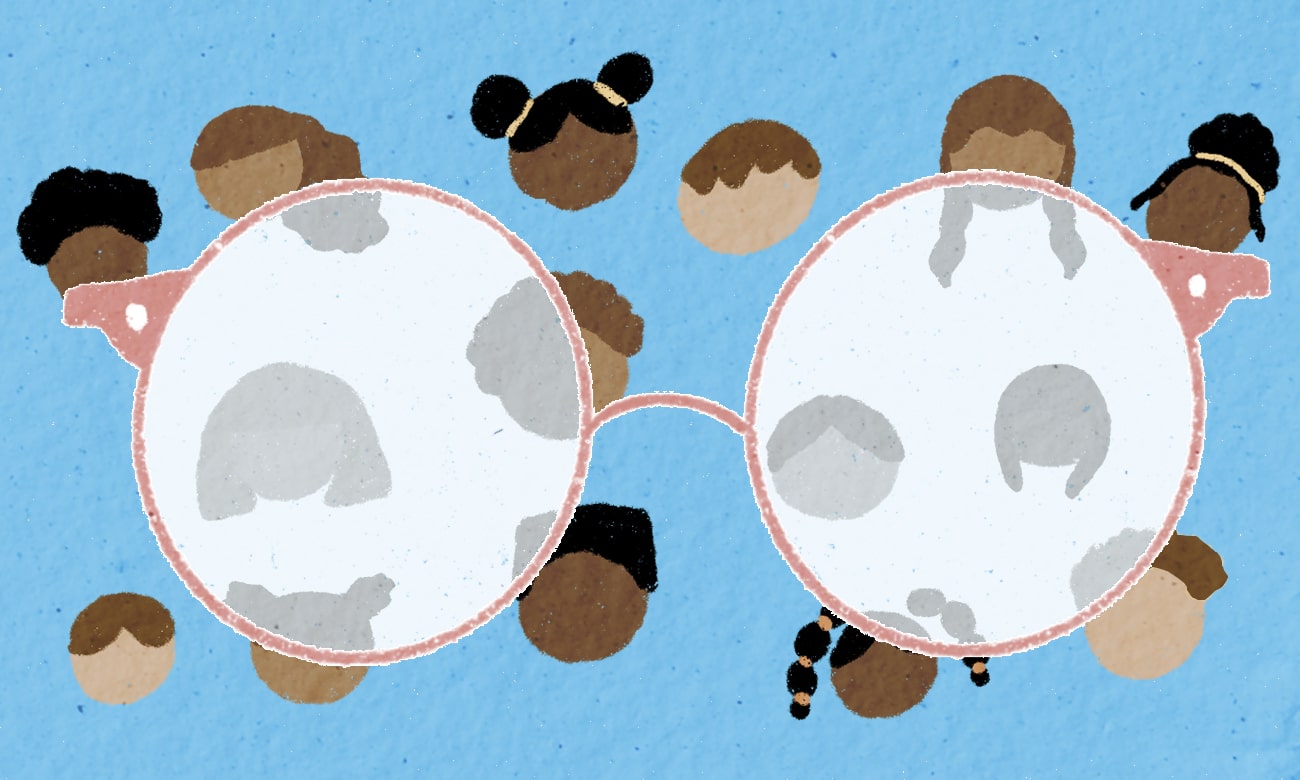The notion of a post-racial America is one with much nuance. At its most basic form, it means that “we live in a country in which racial preference, prejudice, and discrimination do not exist; that we live in a country that treats everyone equally, offers every person the same opportunities, and does not judge an individual by the color of their skin.” (McGrain). Especially after events like the election of the first black president in America’s history, Barack Obama, it seems like this might be a reality in the future. Now, this definitely sounds like an ideal society. No prejudice or discrimination? Seems too good to be true! Unfortunately, this type of approach seems kind of naive. Prejudice is so ingrained into our society that it will take extremely drastic measures to change that. There is another question that is definitely relevant and important. What kinds of underlying negatives could be part of a post-racial society and would this type of society actually be better?

Overall, there have been trends towards a more equal society, especially in the aftermath of the civil rights movement. Racial discrimination was outlawed, and segregation started to break down especially with the removal of Jim Crow laws. However, that does not mean that everything resolved itself, even in the present day. I mentioned in a previous blog post how segregation in school districts is actually a prominent phenomenon, with some districts being notably less wealthy than others. Usually, minorities occupy these poorer areas. Even if these people want to succeed in either education or in the work life, there is a much higher barrier to entry.
Another issue is that prejudiced mindsets are rampant, as stated earlier. Just due to how we are so unlikely to change steadfast beliefs, it may be actually impossible to dismantle race stereotypes even in the next couple generations if we tried absolutely everything.
One solution could be education. By opening our minds and understanding that discrimination is a widespread issue in our country, we are one step closer to having that equality. And if we attempt to raise our children without passing on biases, all the better, although this is also difficult if we have unconscious prejudice within ourselves.
Colorblindness
One way in which people have envisioned a post-racial society is through colorblindness. At its core, this ideology “aims to treat individuals as equally as possible, without regards to race” (Williams.) There are also issues with this mentality. Through colorblindness, the cultures and experiences of different races are not acknowledged, including negative and horrific events that may have occurred in the past. By not seeing someone’s race at all, you remove their individuality. In addition, it blocks any attempts at learning about the injustices of the past and fixing the wrongs. If we are to treat everyone equally, we must still acknowledge and celebrate our differences while not putting them at a disadvantage in life through bias.

Really interesting post! I liked your analysis of “colorblindness” and how even though it is commonly seen as a good thing, that there are also drawbacks to it that may cause more social issues in the future. I think that our main goal as individuals should be to treat others with decency and try to understand other people’s experiences so that your perspective on the world can be broadened
The topic of a post racial society is inherently very interesting because it also leads to the question of what’s next. There are many other prejudices in society that are also prevalent, whether homophobia or something else. Will the next logical steps be eradicating that prejudice or will that be overlooked. There are many possible outcomes and it is fun to speculate.
I definitely agree with your point on color blindness being a misguided approach to solving the problem of racial bias and inequality. To solve problems that we all know exist, it is important to first acknowledge that they are present. Additionally, it is important to note that while President Obama was the first black president, he should not be the last. Complacency just makes previous issues pop up again, thus moving us backwards as a society.